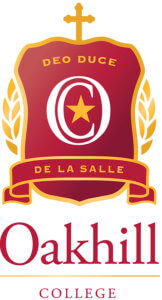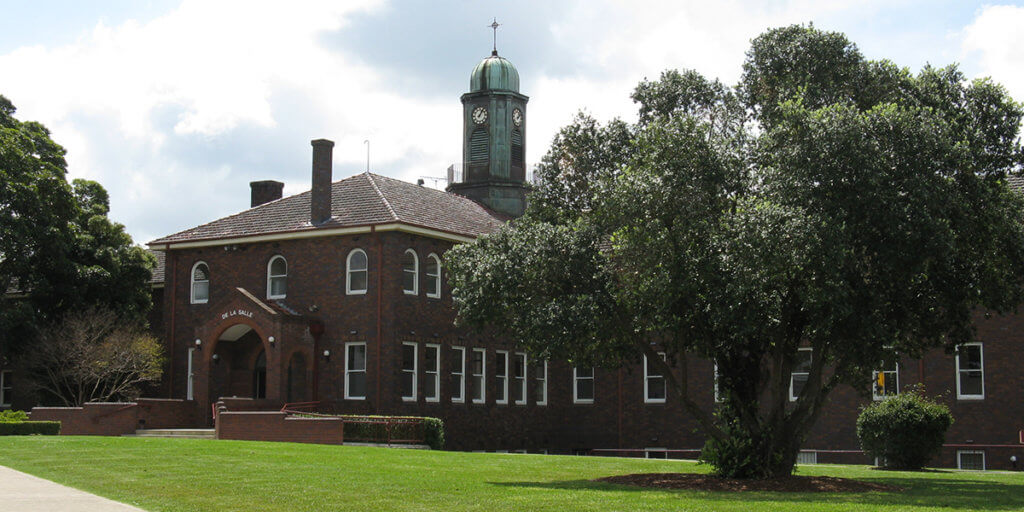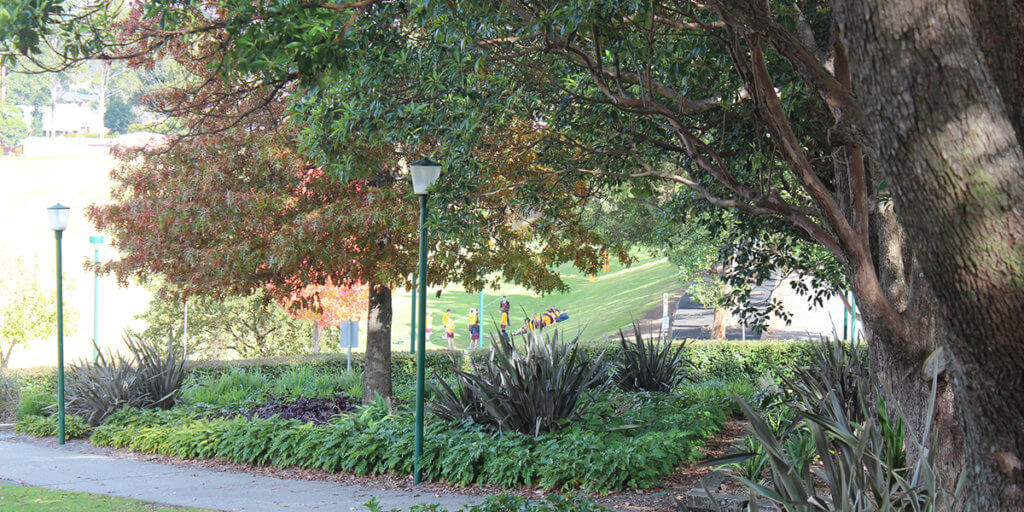An education in sustainability
 Oakhill College is an independent catholic secondary college in Castle Hill NSW, part of the Diocese of Parramatta. Oakhill is exceptional for its sustainability measures; the College has made a substantial investment in renewable energy, among many other actions.
Oakhill College is an independent catholic secondary college in Castle Hill NSW, part of the Diocese of Parramatta. Oakhill is exceptional for its sustainability measures; the College has made a substantial investment in renewable energy, among many other actions.
Oakhill College Bursar, Steve Molloy, has championed these efforts. He believes reducing the College’s environmental impact teaches an important lesson to students and community alike. Mr Molloy hopes other educational institutions will take notice and take action.
About the College

Oakhill College sits on 42 hectares of land that, along with educational buildings and facilities, incorporates wetlands and an agricultural area along its eastern border.
While the property’s history dates to early colonial days, the school opened unofficially in 1936 with just four students.
A year later it had grown to 30. Today enrollment is about 1,650, so an education in sustainability is bound to influence well beyond school gates.
Acting on greenhouse gas emissions
Setting a baseline, tracking progress
In June 2010 Oakhill engaged Pangolin Associates for a carbon footprint. This footprint set a baseline for annual Greenhouse Gas Assessments. Oakhill has employed this ongoing strategy allowing them to accurately track progress. Pangolin’s team provides and revises recommendations accordingly.
Utilities reductions
Utility consumption topped the list for emissions generated. In CY 2010, electricity and natural gas combined produced 1843.5 tonnes of greenhouse gas (CO2-e). Pangolin’s auditors calculated a drop to 1693.9 tonnes for CY 2013.
Waste to landfill reductions
In 2010 Oakhill College sent 511 tonnes of waste to landfill. Three years later, this has dropped significantly to 114 tonnes.
Oakhill promotes recycling to reduce emissions created from waste. The College has introduced 10 custom stainless steel recycling bins to encourage students to separate rubbish from recyclables. It instills a behavioural change that the College hopes will endure and continue at home.
Overall results (2013)
- Greenhouse gas emissions reductions year on year: 23.5 percent,
- Greenhouse gas emissions reductions year on base year (2010): 24.4 percent,
- Total reduction (tonnes): 684.3 CO2-e.
Planning for further energy efficiencies
 Taking sustainability a step further, in 2011 / 2012 the College undertook Pangolin’s comprehensive Energy Audit (also based on calendar year 2010).
Taking sustainability a step further, in 2011 / 2012 the College undertook Pangolin’s comprehensive Energy Audit (also based on calendar year 2010).
This gave Oakhill insight into how more specifically the College used energy throughout its operations, and enabled them to plan and prioritise actions.
Audit results: estimated reductions and savings
Pangolin’s auditors found the total savings measures for Oakhill College had a capital cost of $183,420, and an expected annual energy cost savings of $59,223 – a payback period of 3.1 years. If the college implements all audit recommendations, electricity usage is estimated to reduce by 23%, and overall site energy by 21%.
Key energy efficiencies implemented
- Solar PV system: In July 2013 the College installed a solar PV system. It now has 83 photovoltaic panels totaling 20 kW. With this array Oakhill is a community leader in renewable energy generation.
- Energy efficient (LED) lighting: Pangolin’s auditors found that lighting represented the largest electricity consumption category: 40.5% of total energy usage, or approximately 752 tonnes of greenhouse gas. A rebuild and refurbishment of the reception building includes 100% energy efficient LED lighting. Elsewhere, where older lighting fails, the College upgrades to newer LED technology. Lighting efficiency will continue to improve over time.
Future initiatives
- Behaviour change: Oakhill is implementing other recommendations, such as process changes in relation to air conditioning and lighting. These are the ‘low hanging fruit’ for cost savings. Pangolin estimates a 5% saving on lighting energy per week for the College through simple actions such as turning off lights during the day and before cleaners arrive.
- Hot water systems: Pangolin auditors found that hot water accounted for 29,346 kWh per year. Put another way, this is 31.4 tonnes of greenhouse gas and approximately $4430. Oakhill is investigating Zip heaters to reduce the electricity required for hot water. Efficient Zip heaters sit under the sink and operate on minimal water.
Testimonial
Oakhill College has for the past four years sought to understand our carbon footprint, and to determine a strategy for reducing it. Pangolin Associates has been – and remain – partners with whom we work effectively. Their advice has enabled us to commence work on an evolving reduction strategy.
Steve Molloy Bursar
Oakhill College March 2014
